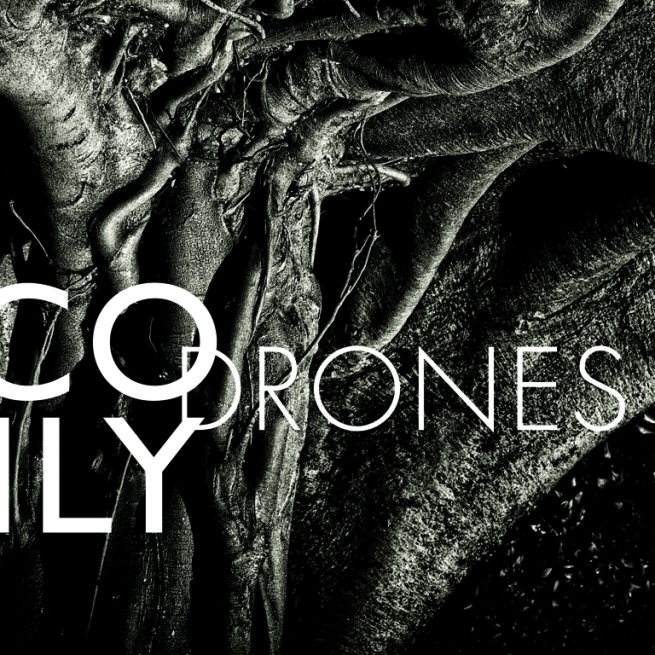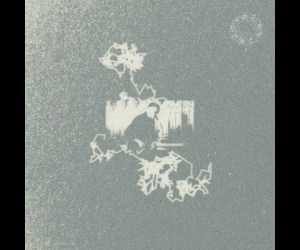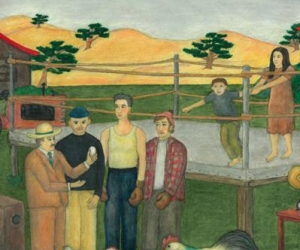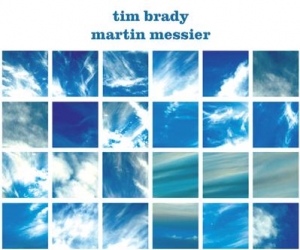
Reykjavik to Breidholt, a suburban district south of downtown that is home to Valgeir Sigurdsson’s Greenhouse recording studio and the offices of Bedroom Community, the record-label collective that the native Icelander cofounded in 2006 with American composer Nico Muhly and Australian sound artist Ben Frost. It’s this sleepy location that gave Bedroom Community its name. “This area is a bedroom community itself,” says Sigurdsson, interviewed in the retro, space-age control room of the Greenhouse. “So it’s a play on words, as the label is a community in ways. When everybody comes over, they all stay here, so the studio has a homey, domestic-farm atmosphere where everybody pitches in.”
The unassuming white building was built in the ’70s and is located on a mixed artist and residential street, though most of the artists have since moved on. Yet Breidholt’s artistic output is still considerable, thanks to this most artist-centric of record labels. Sigurdsson is a musician and producer with a deeply collaborative work ethic, and his approach to the label is similarly organic, with new additions to the roster being added gradually through personal connections.
“Having the studio and the facility to make records, it was a natural extension to create a mechanism to ensure that these recordings would leave the studio, and people would hear them,” he explains. “The idea is to enable people to work on their ideas and get them out there, be heard, and hopefully create a sustainable platform for future music.”
While Sigurdsson made his name as an Oscar-nominated producer of influential recordings by Björk, Iceland’s beloved heroine of modern electronic pop, and the Greenhouse studio is a major destination for jet-set indie-folk musicians such as Feist, Bonnie “Prince” Billy and CocoRosie, the music put out by the Bedroom Community label itself tends to be more austere, sombre, primarily instrumental electronic or chamber music, or some combination of the two.
New York’s Nico Muhly may be the poster boy for the new, new music—sassy, sexy, full of indie cool, and with a list of commissions and collaborations the envy of any thirty-one-year-old composer. His 2008 Mothertongue was something of a mish-mash of minimalism, American folk, sound poetry, and ambient electronica, but his new collection of three EPs for Bedroom Community flexes a little more compositional muscle. Drones and Piano was recorded with Bruce Brubaker at the keys, Drones and Viola with fellow American Nadia Sirota, and Drones and Violin with Finland’s Pekka Kuusisto. The three recordings are available together as Drones, along with a bonus track, Drones in Large Cycles. “I started writing the Drones pieces as a method of developing harmonic ideas over a static structure,” explains Muhly in an artist statement. “The idea is something not unlike singing along with one’s vacuum cleaner, or with the subtle but constant humming found in most dwelling-places.” A constant tone provides a stable counterpoint to otherwise surprising twists and turns in these intimate, approachable neo-Romantic chamber pieces.
Drones also play a role in the music of Ben Frost, the third Bedroom Community cofounder, but their role is much more visceral and punishing. The Melbourne native claims to be “influenced as much by classical minimalism as by punk rock and metal”—and nowhere is this more in evidence than on his 2009 release By the Throat, whose title aptly fits its savage immediacy. Thick, doom-laden guitar textures and nerve-jangling drones gave the record all the intimacy of surviving a plane crash over the high Arctic. Frost’s most recent release is Sólaris, his 2011 collaboration with Icelandic composer Daniel Bjarnason, who has worked with everyone from the London Sinfonietta to the Icelandic Opera. Inspired by, and semi-improvised to, the 1972 sci-fi existentialist classic film by Andrei Tarkovsky, the score is suitably cinematic and otherworldly, thanks to Poland’s Sinfonietta Clacovia and some lovely prepared piano. Though the music dials down the aggression of Frost’s solo work, imbuing it with whimsy and beauty, it still carries a similar sense of foreboding.
As for Valgeir Sigurdsson, the 41-year-old producer has begun to step out from behind the console and express himself as an artist. In 2007, he released Ekvílibríum, a collection of vocal-oriented electro-folk-pop, which included guest vocals by Bonnie “Prince” Billy, Dawn McCarthy (Faun Fables), and Ólöf Arnalds, as well as Muhly on keyboards. His next major project was the more orchestral Draumalandid (Dreamland)—the 2010 score to the 2009 documentary film that’s based on the provocative 2006 book Dreamland: A Self-Help Manual for a Frightened Nation, Andri Snaer Magnuson’s best-selling critique of Iceland’s sellout to the aluminum industry—a call-to-arms that presaged the kreppa (Iceland’s 2008 financial collapse) and the Icelandic people’s astonishing revolutionary response. The score’s lush string arrangements bleed with emotion for the country’s ravaged environment, but also contain moments of humour, especially when American Sam Amidon sings phonetically in the legendary difficult Icelandic language.
2012 saw the release of Sigursson’s latest recording, Architecture of Loss, with music originally composed for New York choreographer Stephen Petronio. AoL may best sum up the Bedroom Community experience and ethos—sonically sliding back and forth along the continuum between electronic minimalism and small-ensemble classicism, with a sombre, pensive mood one can’t help but connect to the harshly beautiful Icelandic landscape—and filled out many players of the expanding Bedroom Community family: Muhly, Sirota, and multi-instrumentalist Shahzad Ismaily.
Collaboration, it seems, lies at the centre of both Sigurdsson’s personal aesthetic and that of the label. “It’s more rewarding and fun when you have an exchange,” he says. “You have an idea and you bounce it off someone that you know well—or if it’s a new collaborator, then the surprises are exciting. It’s really just a way to keep yourself interested.”


